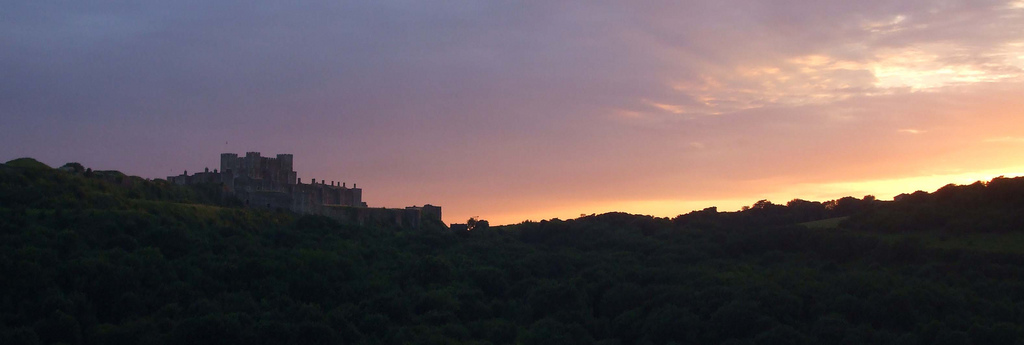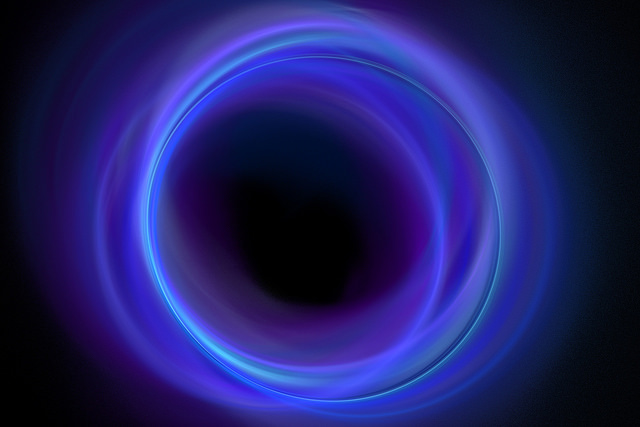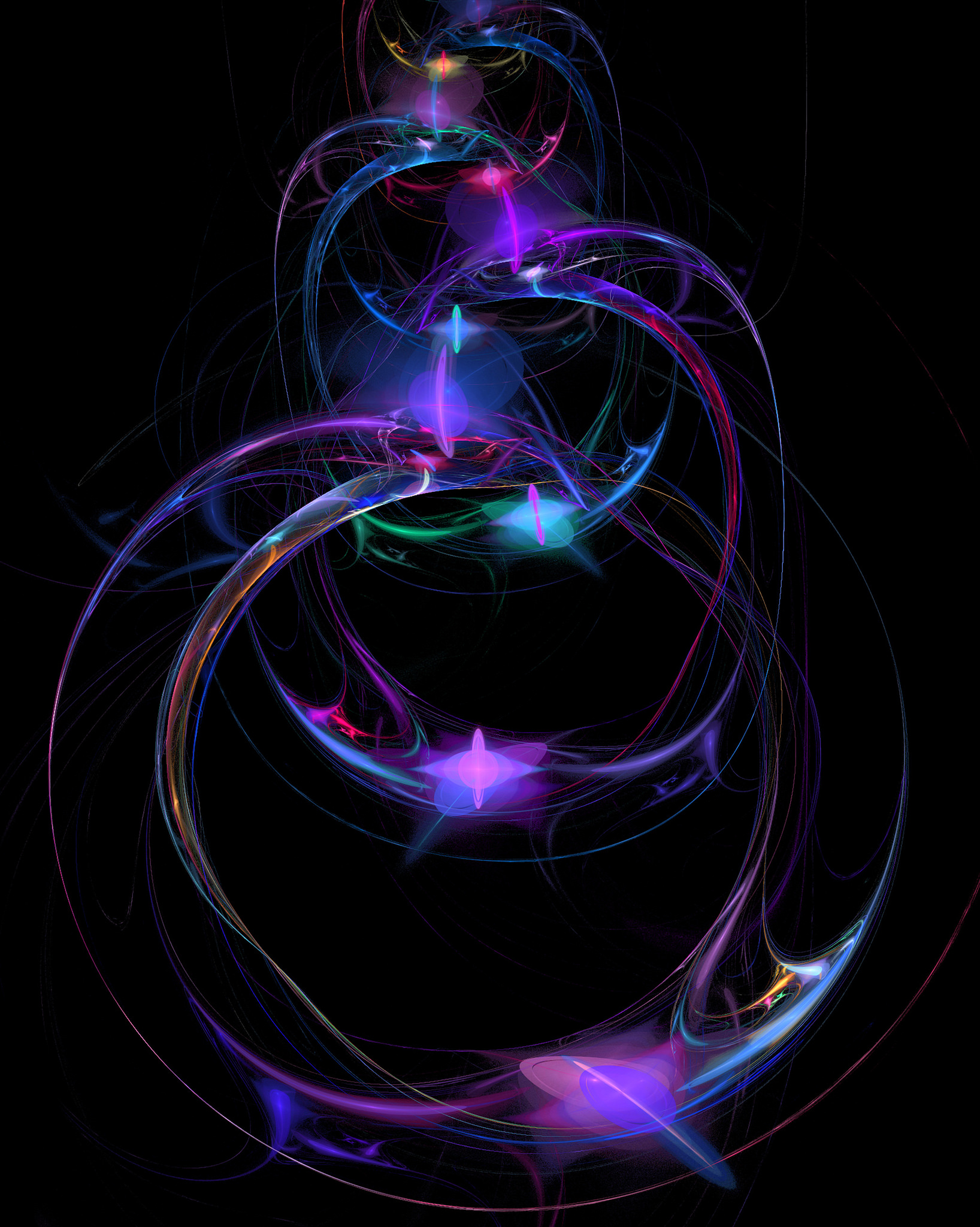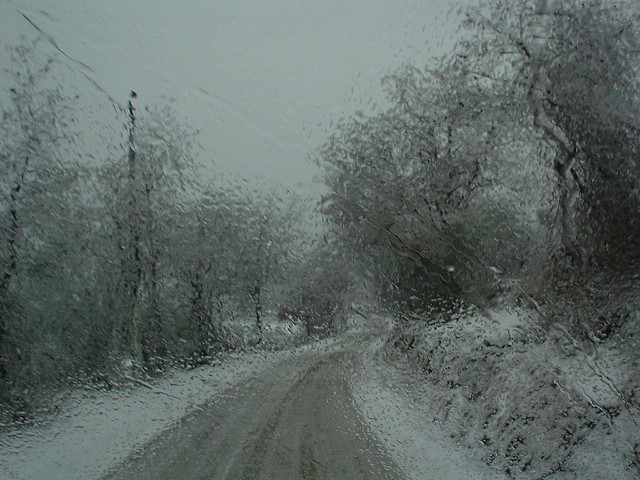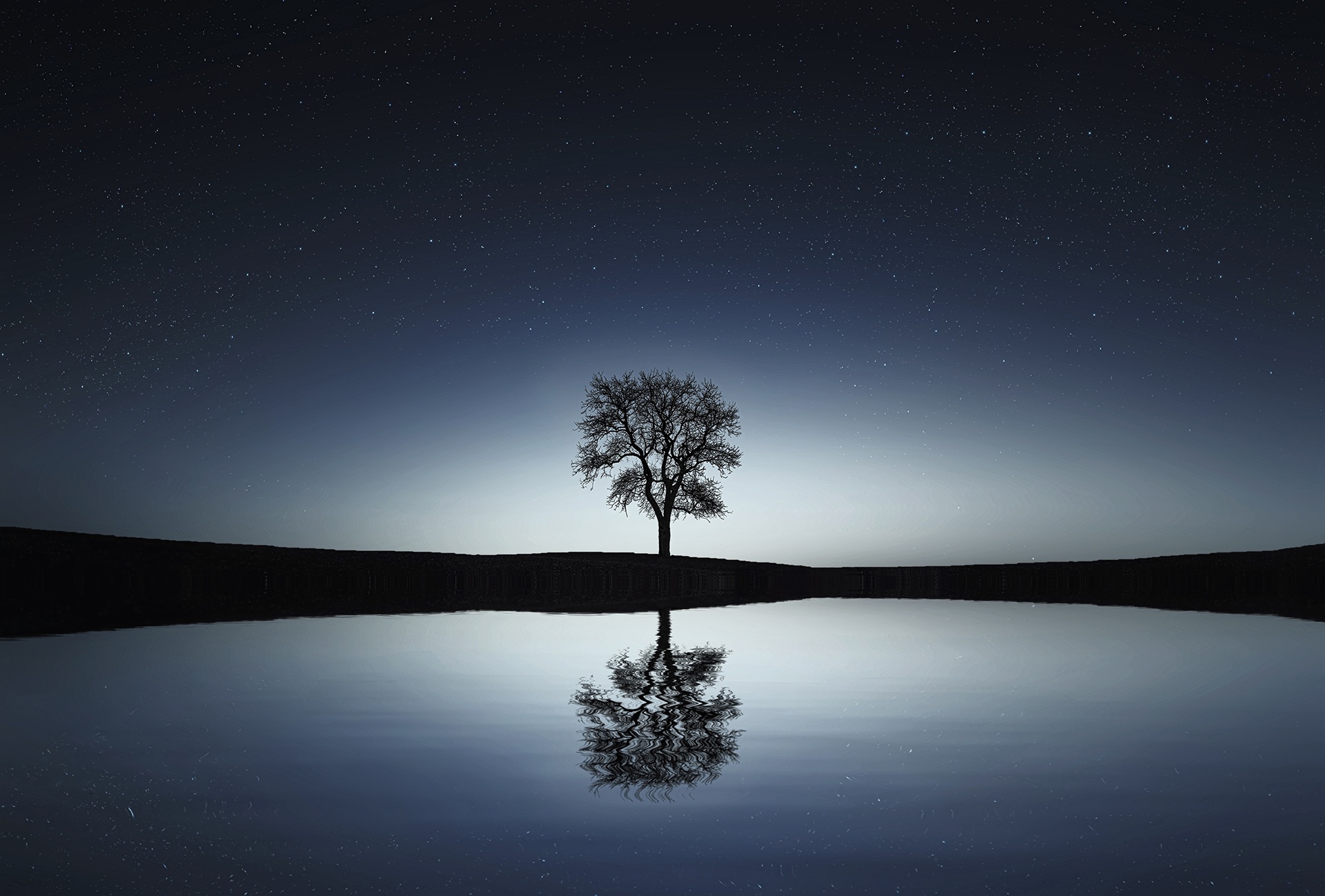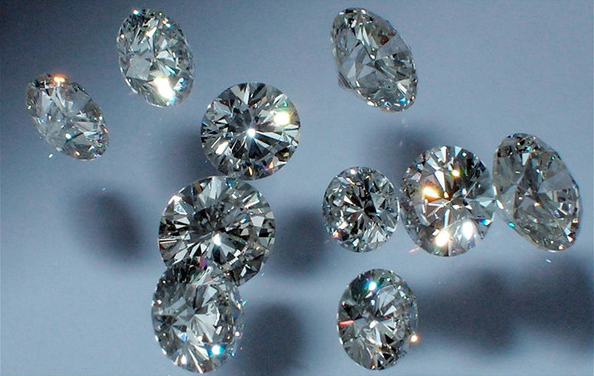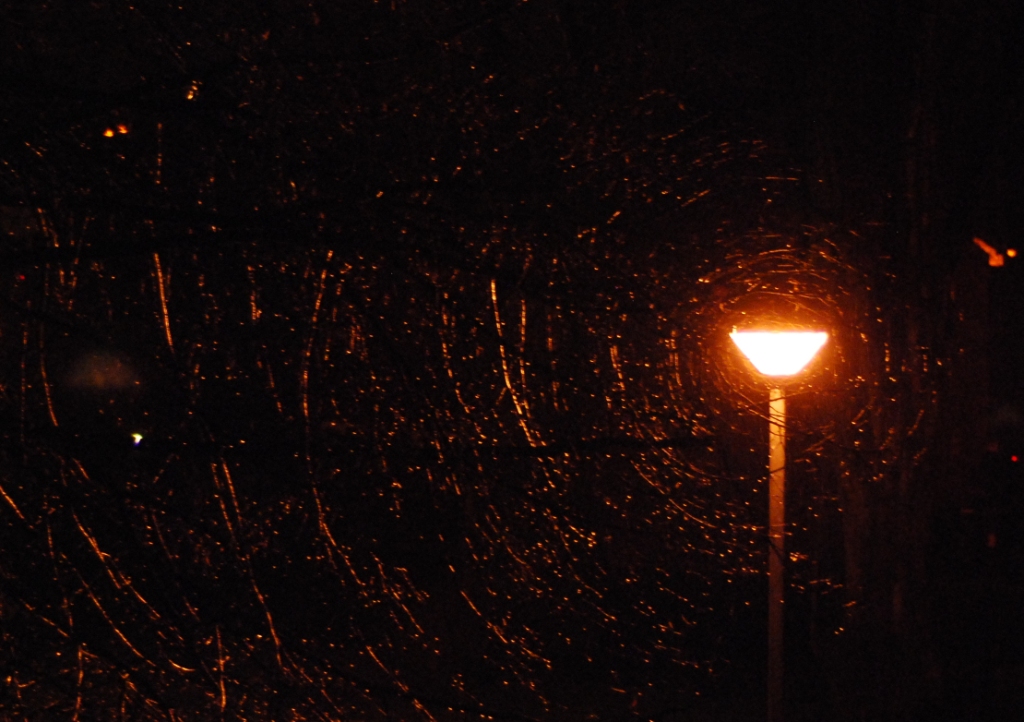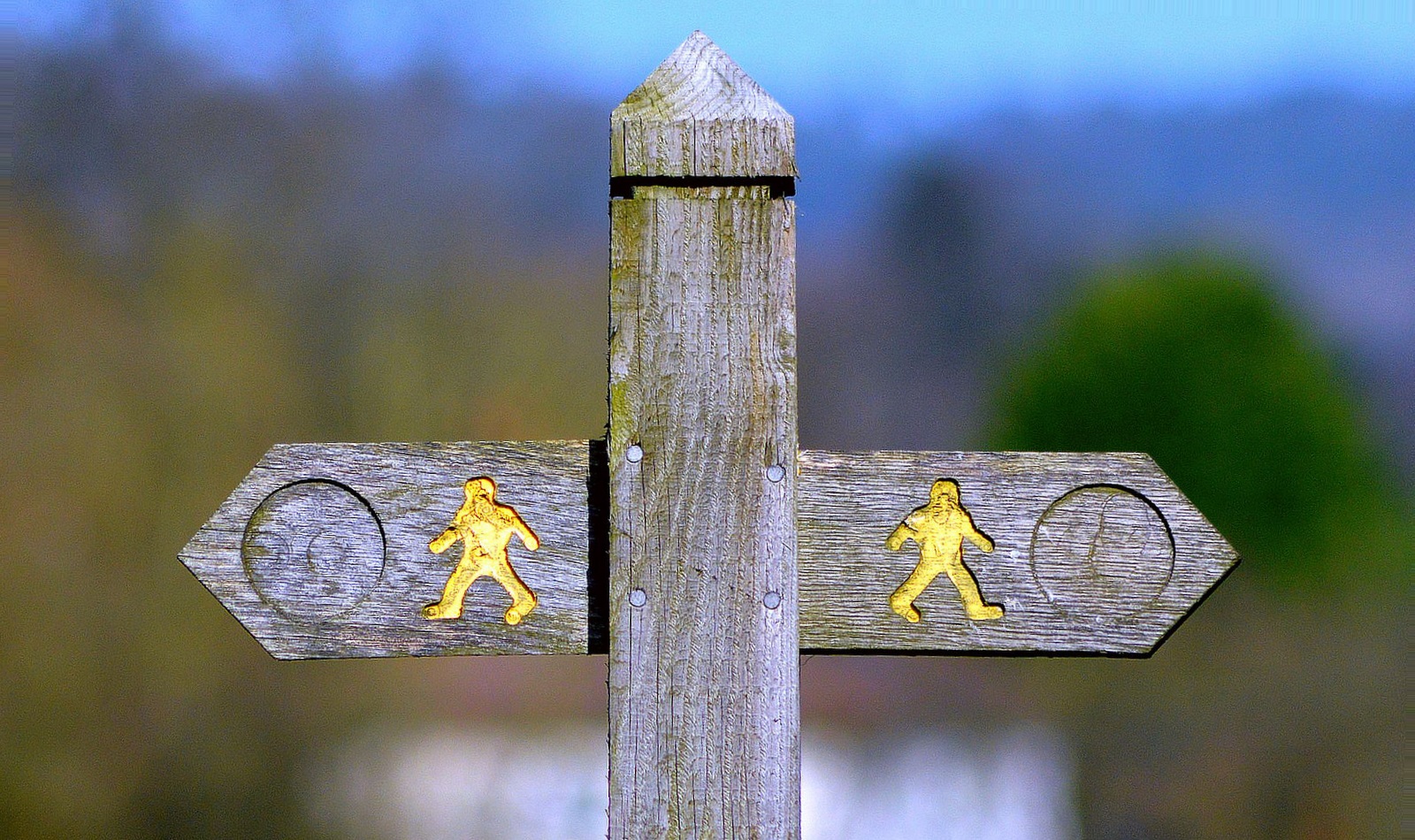
Have you had the experience where something good happened and you feel you sabotaged the outcome by going in a different direction, taking action that didn’t seem to serve you at all? Have you wondered why?
It can be fear, yes — whether fear of success, or fear of failure, or fear you are not good enough, or that you are not worthy of good things. All that can apply, because those things beset most of us at one time or another. But maybe, just maybe, that is not always the whole story.
On the one hand, of course, it is like shooting ourselves in the foot — we end up losing a great opportunity, or a chance to live a dream, or to meet someone we admire, or achieve a goal desired.
On the other hand, sometimes, it could signal the seeds of a new awareness, our inner voice giving us insight into some greater knowledge — that whatever we are being offered is not what we need at that time, or truly want, or because in the end in our heart and spirit we know the direction, opportunity, or meeting presented to us is not part of the true destiny we are meant to create on earth in this incarnation. Over time, this voice can become stronger, if nurtured.
Being Conscious–or Unconscious
Life is all about choices — making them, rejecting them, being afraid of them. It all depends on how conscious we are of what we are doing. Do we react most of the time when things happen? Do we blame fate or fortune or other people or our parents or those who betrayed us or the unfairness of life for whatever outcome has occurred ? This is being unconscious.
What if, instead, we let ourselves step back and look at the larger picture? What if we chose awareness and took responsibility for what we see, knowing how we choose to act in any given situation will determine the outcome for us, more than anything else? Awareness is being conscious.
How Do We Become Aware?
This is a process that never stops — for we are on this earth to learn the truth and that is why it is such an extraordinary, unique, and blessed experience, no matter what happens.
But there are signs we can trust that we are becoming more aware, ensuring our choices are not self-sabotage after all, but an emerging wisdom.
These signs come from our subconscious mind deep within and are unmistakable, such as:
- You want to know more about who you are.
- You feel a restlessness, an energy rising that questions what is going on.
- You sense a willingness to consider forgiving someone or something in your life.
- You understand the meaning of the words “I’d rather be free than right.”
- You find being in Nature often is more than a respite — it is a necessity for your spirit.
- You sense a greater connectedness to a feeling of Oneness.
And the process, the learning, only expands. Life for you is no longer about being safe and more about being authentic to your true being.
That is when sabotaging your dreams becomes impossible. The rising inner voice is louder, and you listen more closely, and more often.
You begin to live the conscious life.
You allow yourself to become aware.

